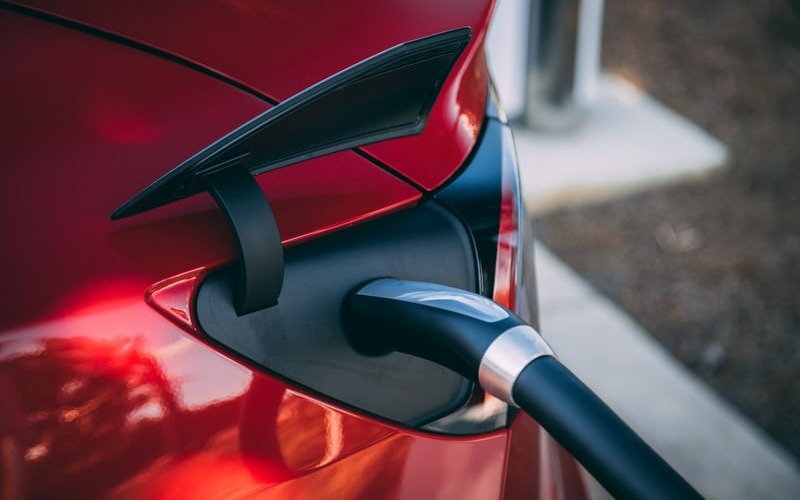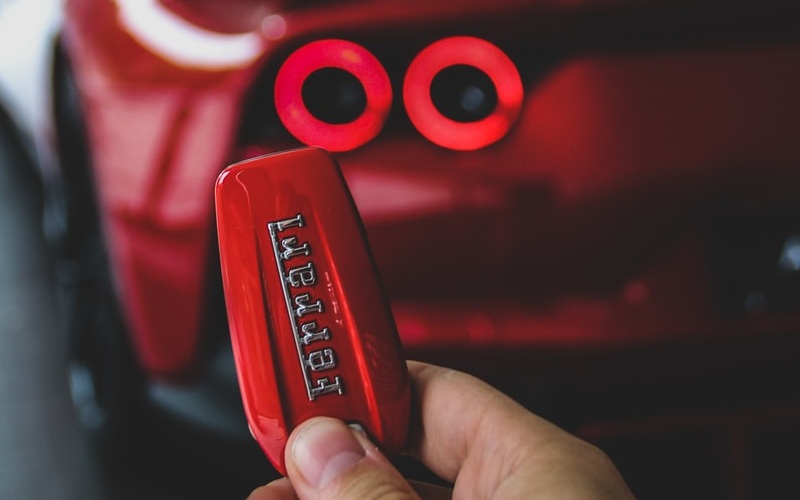New car sales are experiencing over two years of consecutive decline, and experts are saying that now could be a ‘perfect storm’ for car buying. This means that as dealers rush to meet targets, it could be a good time to bag a bargain on a new vehicle. However, just because you can, does that mean you should?
Whether you’ve owned the car for a few years and want a change, have come to the end of your loan or lease period, your car has become uneconomical to repair or your lifestyle has changed, there are numerous reasons to upgrade your vehicle. The average age of a car on the road is 10.1 years, according to the Australian Bureau of Statistics, making Australia’s fleet one of the oldest in the developed world. Cars have come a long way in a decade, so let’s see if it makes sense to upgrade.
When should I upgrade my vehicle? Factors to consider
In a purely financial sense, it probably makes the most sense to drive until the wheels fall off or until a major repair comes along that outweighs the value of the vehicle. However, cars are rarely just a financial purchase. Here are some factors to consider that might help determine the right time to upgrade your car.
Safety reasons
Safety has come a long way in just a couple of decades. At the start of the 21st century you’d be lucky to get a couple of airbags and that’s about it. Nowadays, car makers have gone beyond adding airbags to increase safety.
The newest cars have things like blindspot monitoring, rear cross traffic alerts, lane departure warnings, driver fatigue monitoring, auto emergency braking, auto-adjusting cruise control, reverse cameras, 360 degree cameras and more - the list is endless. And you don’t need to spend big either. Many entry-level cars from respected manufacturers these days come with a bevy of these features. Plus, only in the last few years has it been compulsory for every new car sold to have a five-star ANCAP crash rating.
Technology
One of the biggest and most obvious advancements in technology has been the screen evolution. 20 years ago we were barely moving out of the tape deck era, and you might have been lucky to get a six-stack CD player. Ten years ago you might have had a rudimentary LCD screen that maybe had Bluetooth.
Nowadays, the fanciest cars have multiple screens - one or two in the centre console, plus another one in the instrument display to show things like songs, GPS and more. Apple Carplay and Android Auto are nice features too for all your music, navigation and podcast needs, and many cars have them.
If you’re sick of using a cassette adaptor, some dodgy aftermarket head unit or an FM transmitter to play your music, upgrading could be worthwhile. Away from screens, and extra technology includes things like adjusting ride height and comfort on the fly, more advanced automatic transmissions that don’t feel sluggish, changing between eco and sport modes and more.
Lifestyle changes
Okay so you’re no longer in your 20s when you could get away with driving a coupe from the 1990s. You’re married, have had a child and now you need something bigger to fit a baby seat and all the associated stuff, like a stroller. Aside from it being illegal to put baby beside you in a Toyota MR2, it’s also highly unsafe, so it might be time to get with the times and join the SUV apocalypse.
Similarly, if you’ve moved near the beach and want to carry a few surfboards, or you’ve moved to the country and want to carry a mountain bike, that could warrant an upgrade. Or maybe you’re a wedding photographer, or cake maker and need a comfortable ride for those long stretches of road.
Repair bills
It’s a horrible feeling going out to your car when you’re trying to get to work or wherever and having it not start. At some point, cars cost more in repairs and maintenance than they are worth.
It’s common to think, “I’ve already sunk thousands into repairing this car, so why sell it?” This is called the sunk cost fallacy. The sunk cost fallacy clouds your judgement, attaching emotion to financial outlay that will never be recouped. Some common big repair costs and approximate prices (including labour) are below:
- New engine: $5,000+
- New electric car battery: $5,000+
- New or rebuilt automatic transmission: $3,000
- Head gasket repair or replace: $2,000-$3,000
- Catalytic converter replacement: $1,000
There’s no telling exactly when one of these will go, and correct and timely maintenance could mean you don’t have to replace any of these at all. However, the longer you keep your car over 10-15-20 years, the more you increase your likelihood of having to address at least one of these issues.
Warranty periods
Tying in with the above, many cars these days feature warranty periods of five or more years, with generous mileage limits, if they don’t offer unlimited kilometres. Some car manufacturers, such as Kia, even offer seven year warranties. This means that many repair items are covered under warranty in this time - venture out beyond that period and you’re likely on your own. It could be useful to assess your car’s reliability in that time, and sniff around to see what commonly goes wrong with your car at the five, ten and even fifteen year marks.
Depreciation - the silent killer
Common cars typically lose around a quarter to a third of the value at the three year point, and depreciate at slower rates after five years. This means that if you sell within five years, you’ll likely wear the biggest depreciation hit, but less so after that mark. Certain models depreciate at lower levels, while others - such as luxury cars - may depreciate faster. However, cars are a lot more than dollars and cents, and are often an emotional purchase.
Your loan or lease term
Interest rates have fallen fairly drastically in recent years, and if you’ve come to the end of your loan term, it could be time to look at a car upgrade, especially if that loan term was for five years.
However, if you’re selling within that time, you’ll still need to pay off the remainder of your loan. If you owe more on your car loan than your car is worth, this is called negative equity. Similarly, crashing your car in this scenario could also be a financial disaster, however there is insurance for this. This is why it’s important to stay on top of your loan and repay extra if the contract allows for it.
Similarly, if your lease comes to an end, you usually have the option to buy that car, get a new lease, or part ways. Leased cars are generally associated with luxury brands, and as such, owning outside of the lease period could become costly in repairs. Within the lease, the lessor generally fixes most things, while outside of it, you’re on your own.
Fuel costs and gas guzzlers
Remember when fuel was under 80c a litre? Pepperidge Farm remembers. Nowadays, capital cities are increasingly beholden to the annoying fuel price cycle, and it’s common to think having a new, more fuel efficient vehicle could save you money.
However, given that the average Australian drives 13,400km a year, you’ll need to own that car for a while to see any purely financial benefits. We crunched the numbers and found out in many cases, you’ll need to own a hybrid vehicle for more than ten years before recouping the cost of fuel, compared to their equivalent gas guzzling model.
It rarely makes sense to upgrade JUST for the fuel savings, however it is nice not having to stop at the fuel station as much. That, and there’s a very real pain when you fill up for fuel once a week and the hit to the wallet only seems to grow bigger over the years.
Savings.com.au’s two cents
No matter your reason, it’s only natural after a few years to want to upgrade your car purely for the sake of change. However, question yourself if that urge is worth it or justifiable. There are many reasons people upgrade their cars, and while it rarely makes pure financial sense - except in the case of costly repairs - a car is the lifeblood of the Australian lifestyle. Whatever your reason, go over your options. Assess if that itch is worth scratching.
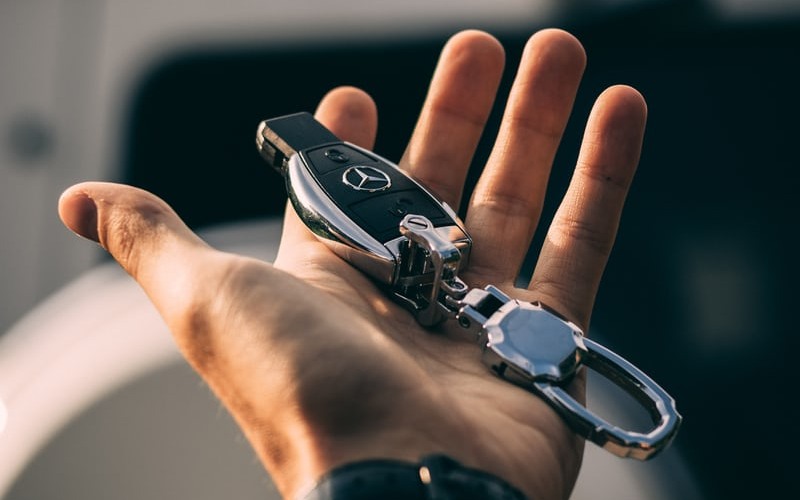
.jpg)

 Denise Raward
Denise Raward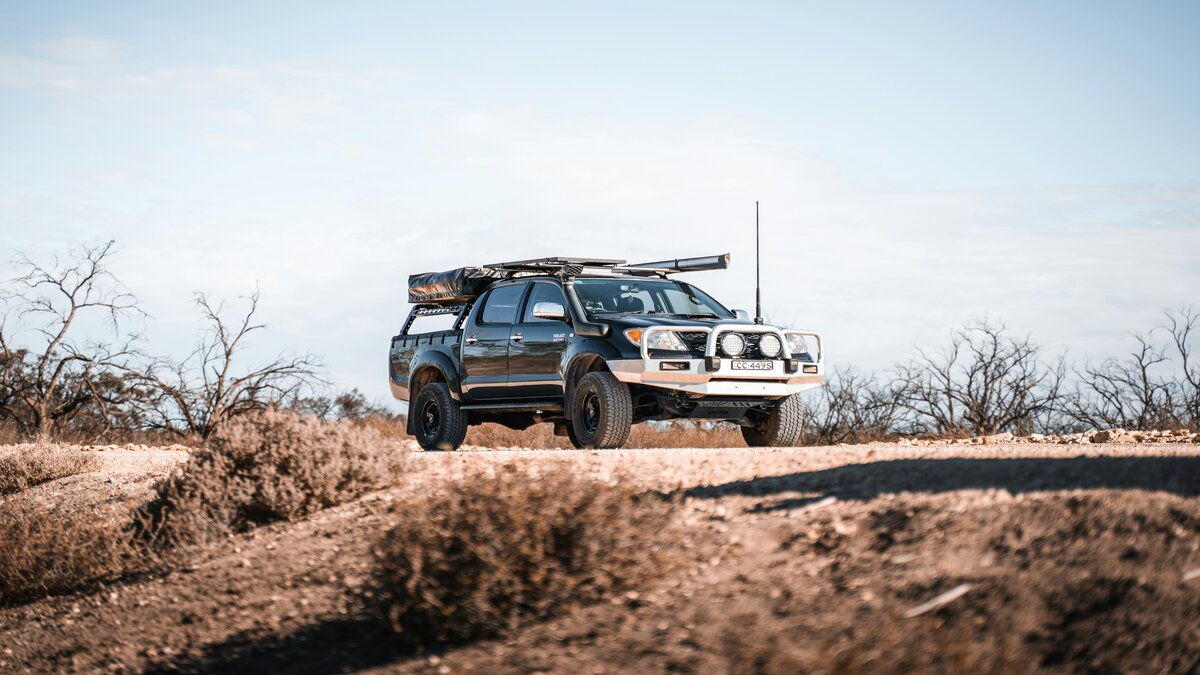
 Harry O'Sullivan
Harry O'Sullivan
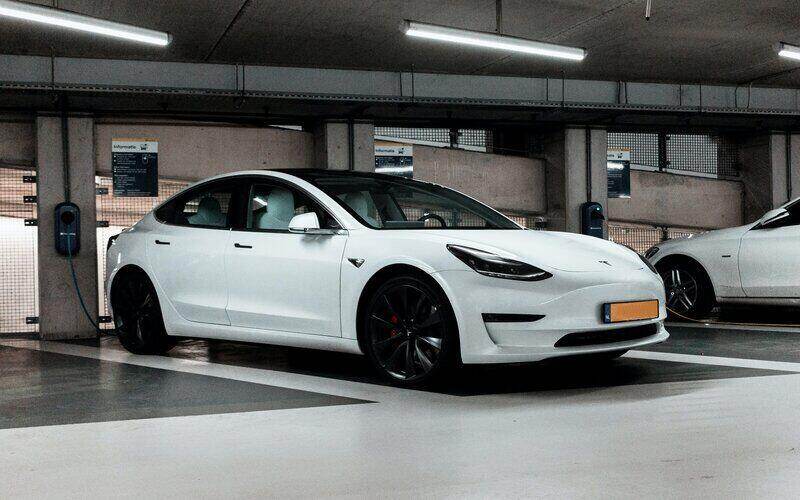
 Jacob Cocciolone
Jacob Cocciolone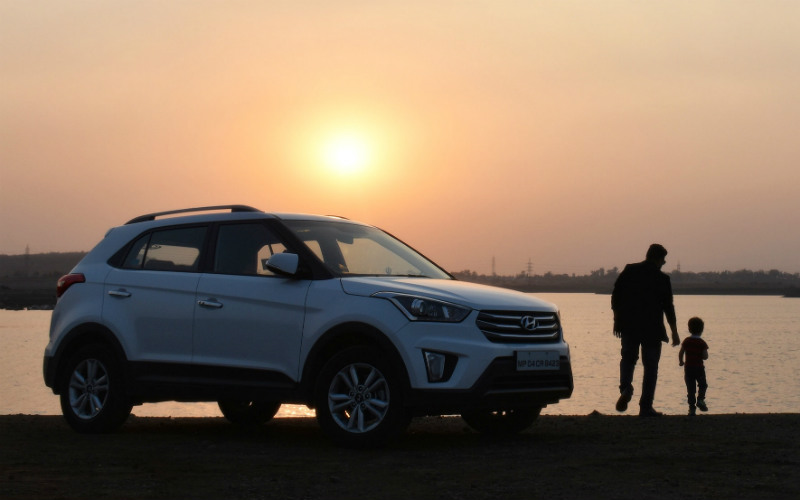
 William Jolly
William Jolly
